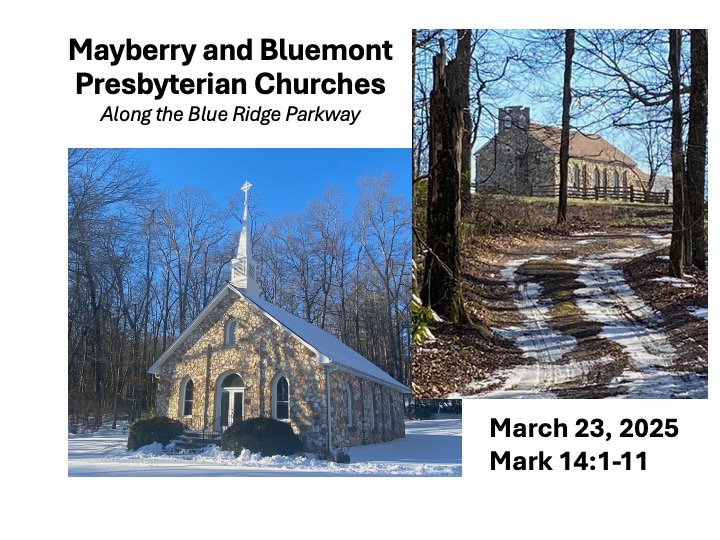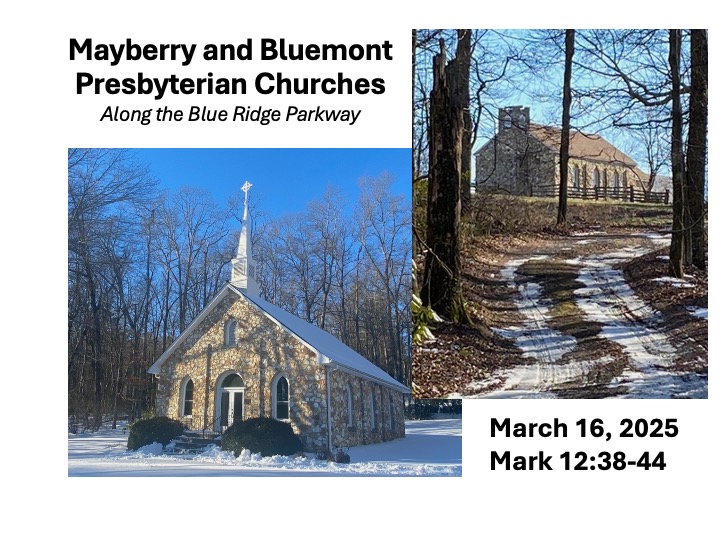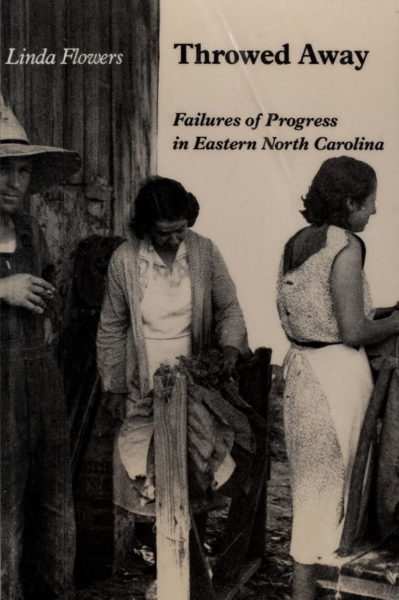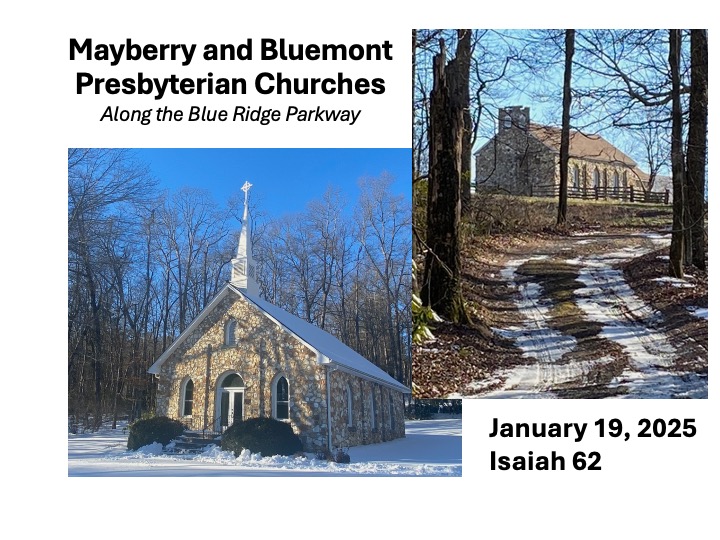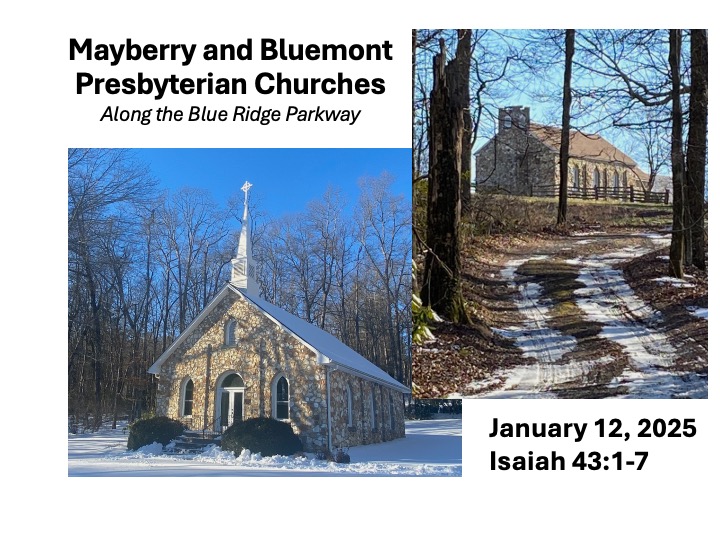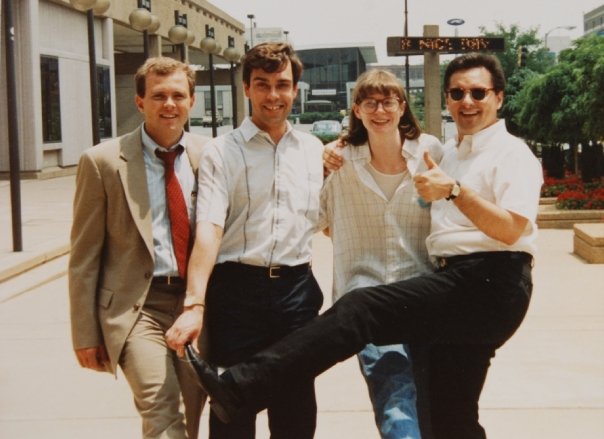Jeff Garrison
Mayberry and Bluemont Churches
Mark 14:1-11
March 23, 2024
At the beginning of the service:
I recently read Holy Unhappiness: God, Goodness, and the Myth of the Blessed Life by Amanda Held Opelt. She will be one of the presenters at HopeWords Writers’ Conference in a few weeks. In the chapter where she explored the meaning of the church (or the assembly as she points out the correct meaning of the word in Greek), she tells of how her experiences as a child was different from that as an adult. Her experience probably mirrors most of ours. As a child, most experienced “the assembly” as loving, caring, and grace filled. As an adult, we see the other side, especially the tendency to divide people into a “us versus them” mentality. Then she confesses, “No one ever told me the enemy might be on the inside.”[1]
Part of the problem with our idealized view of the church and the Christian life is our selective use of scripture. If we were really steeped into the Bible, we’d see how even the heroes of scripture, except for Jesus, have feet of clay. It’s not about being perfect, but about how God uses imperfect people to carry out his mission. Today, we’ll see that even Jesus had to deal with enemies on the inside. Perhaps we can learn something.
Before reading the scripture:
Today, we begin looking at Jesus’ last two days before his crucifixion. From last week, we’re jumping over the 13th chapter of Mark, which we covered during Advent. The 13th chapter was where Jesus instructed his disciples concerning his return. At the beginning of the 14th chapter, we learn the plan to do away with Jesus has come to a head. Ever since the 3rd Chapter, some leaders among the Jews thought Jesus needed to go.[2] Now they ready.
Let me give you a heads up on next week’s text. We’ll look at Jesus’ last supper with the disciples. We’ve moved the date for communion, from the first Sunday of the month, to the last, this one time. That’s so we can celebrate communion as we recall Jesus’ last meal.
Our reading today consists of Mark’s classic “sandwich” construction.[3] We’ve seen this structure numerous times as we worked our way through Mark.[4] The first two and the last two verses here deal with the conspiracy against Jesus. In the middle, an anointing of Jesus takes place which creates discord within the disciples while reminding them of what’s ahead.
Read Mark 14:1-11
We should note as we come toward the end of Mark’s gospel, women take a more prominent role.[5] Men, or at least the disciples, are seen as cowards. Of course, Judas is the exception. But he betrays Jesus. And the religious leaders are devious and filled with evil intent. But women, starting with the woman with the alabaster jar of perfume, are seen as faithful and devoted. They remain with Jesus even during his execution and are there to care of his body afterwards.
As I’ve discussed since the 11th Chapter when Jesus entered Jerusalem for the first time, he and the disciples have been staying in Bethany, a small town about two miles away.[6] In John’s gospel, we have a similar story as this, also set in Bethany, but at the home of Lazarus. There, Lazarus’ sister Martha serves while Mary, another sister, anoints Jesus with an expensive nard.[7]
Here, in Mark along with Matthew’s gospel,[8] we’re told they’re at the house of Simon the leper. This could be explained if Simon was Lazarus’ father, but we don’t know. By being called “the leper” most likely means he once had the disease. If the disease was active, he would not be able to host the Jesus and the disciples in his home. From staying outside of Jerusalem in Bethany to eating with a leper, Jesus shows how he is outside the mainstream.[9]
Mark doesn’t name the woman who anoints Jesus. The nard she pours over Jesus’ head was very expensive. At 300 denarii, it would be equivalent to a year’s wage for a laborer. Nor do we know her motives for anointing Jesus. The case has often been suggested she prepared Jesus for his role as King, but if that’s the case, oil and not nard would have been used.
Our text suggests she wanted to prepare Jesus body for the grave. Perhaps this was because the bodies of executed criminals were not often afforded such honor.[10] However, it’s doubtful she knew what was about to happen to Jesus. After all, the disciples themselves seem clueless, despite having been repeatedly told by Jesus that he would be killed and then rise on the third day. It’s only after she has performed her act of devotion that Jesus interprets it as preparation for his death.
Perhaps its best for us to understand this act as one of great devotion. In a world where women had few rights and privileges, Jesus offered dignity and respect. Maybe this woman wanted to express her thanks, love, and devotion.
Whatever her reason, the woman’s act raises the ire of those present. Again, in John’s gospel, we’re told it was Judas who suggested the perfume could be used to care for the poor.[11]Mark doesn’t put the words into an individual’s mouth, just saying that some (in other words, more than one person) felt the expensive gift could have found a better use.
Nor was the idea of taking care of the poor a bad suggestion. After all, Passover was a time for doing such deeds of mercy.[12]Think of how how we contribute food and toys around Thanksgiving and Christmas. It was the same at Passover. While the disciples judge based on appearance, Jesus judges on motives.[13] He knows what’s in both the woman’s and the disciples’ heart.
Jesus defends this obviously well-off woman. Think about it. I doubt few if any of us have a jar of perfume or cologne equivalent to a year’s salary. In a way, this woman stands in sharp contrast to the woman we saw last week giving her two small copper coins to the temple’s treasury.[14] Jesus values both women. Again, Jesus judges by the condition of our hearts. Today, we recall both women’s devotion.
Now let me say a bit about Jesus’ comment on always having the poor with us. I wish Jesus wouldn’t have said this. Too often someone quotes it as an excuse not to help the poor. But that’s not Jesus’ intention. Jesus never said, don’t take care of the poor. “Feed those hungry people,” Jesus tells the disciples.[15] And by the example of his life, we see that he is very concerned for those in need.
Maybe, instead of sighing and feeling overwhelmed about always having the poor with us, we should see them as a test. Our response to them shows the condition of our own hearts. If we despise the poor, if we have no empathy, we’re not living the gospel. Perhaps we should do some serious soul-searching.
This sentimental story finds itself injected into one of Mark’s sandwiches. Before it, we learn of the plans of the chief priests and scribes to stealthy abduct and kill Jesus. Of course, they want to avoid angering the crowds, so they hope to do this after the crowds leave Jerusalem following the Passover.
Jerusalem, during the Passover, swelled upwards of five times its normal size.[16] Jerusalem would be like living at a tourist destination. If at the beach, winter is the dead season. In the summer you can’t find a parking place or a seat in the restaurant. Jerusalem, during Passover, flooded with people and was like a tourist town. Many of these people came from Galilee, with favorable views of Jesus. Killing him during the Passover might lead to a riot.
However, the Jewish leaders don’t have a plan. They can’t believe their luck when Judas comes knocking on their door, offering to betray Jesus. Again, Mark doesn’t tell us why Judas decides to betray Jesus. It must not have been for money, as our text treats the offer to pay him as an afterthought. In Luke and John’s gospel, we’re told of Satan’s influence. Others have suggested that Judas, being a zealot, wanted to force Jesus to bring in his kingdom, but again that doesn’t appear to be a reason here. Mark isn’t interested in Judas’ motive. Judas is just a player in the ongoing drama. Mark shows us that the trap for Jesus’ arrest is set.
Judas reminds us that proximity to Jesus doesn’t guarantee faithfulness. In the 13th chapter, Jesus emphasized watchfulness[17]. Even those of us in the church need to be watchful that we’re not tempted to betray Christ. Like the woman in our morning story, our first love must be Jesus. If we love anything else more, we may find ourselves “asleep” when he returns.
This passage reminds us to remain focused on our Savior, the lover of our souls. Don’t let yourselves to stray away from Christ and his teachings. Amen.
[1] Amanda Held Opelt, Holy Unhappiness: God, Goodness, and the Myth of the Blessed Life (New York: Worthy Publishing, 2023), 148.
[2] Mark 3:6. See https://fromarockyhillside.com/2024/03/10/the-plot-against-jesus/
[3] James R. Edwards, (Grand Rapids: Eerdmans, 2002), 410. In a way, this passage could also be one slice of bread of a longer sandwich, with the story of the widow’s mite in Mark 12 serving as the other piece of bread. We have the two women as examples of faithfulness with a longer passage showing the disciples need to be watchful in-between. See Morna D. Hooker, The Gospel According to Saint Mark (1991, Hendrickson Publishing, 1997), 329.
[4] examples
[5] Douglas R. A. Hare, Mark: Westminster Bible Companion (Louisville: Westminster John Knox Press, 1996), 181.
[6] Mark 11:1-11. See https://fromarockyhillside.com/2024/11/17/7549/
[7] John 12:1-8.
[8] Matthew 26:1-13.
[9] Edwards, 414.
[10] William L. Lane, The Gospel of Mark: NICNT (Grand Rapids, MI: Eerdmans, 1974),, 494.
[11] John 12:1-8.
[12] Lane, 493.
[13] Edwards, 415.
[14] Mark 12:40-44. See https://fromarockyhillside.com/2025/03/16/the-widow-and-the-arrogant/
[15] Mark 6:37. See https://fromarockyhillside.com/2024/06/30/a-grand-picnic-and-a-call-to-feed-the-hungry/
[16] Lane, 490. Jerusalem went from 50,000 to 250,000 during Passover.
[17] Edwards, 412; Mark 13:33-36.

